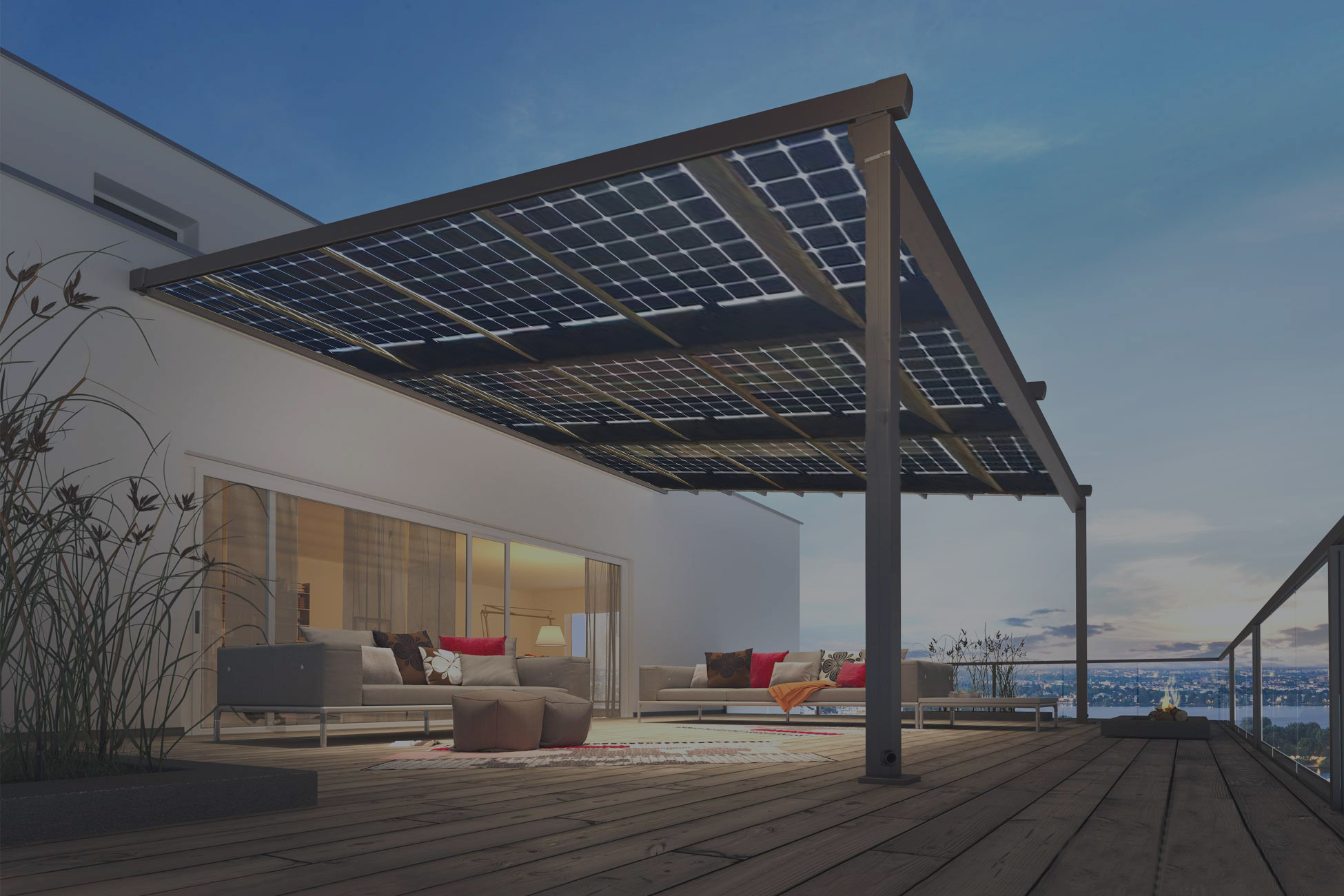With a hike in prices of non-renewable resources of energy like crude oil, coal, and petroleum arising due to rising demand and environmental sensitivity, we are set on the path of rising prices of electricity. The trajectory for electricity spot prices in India surged and registered a nine-year high in September 2018. The heavy costs pin down the middle class with heavy electricity bills. The power cuts are also a big issue, especially in rural areas and for small-scale industries leading to various development constraints. In these dire circumstances, residential solar system provide a solution to uplift the excessive pressure that human society lays on nature.
Following are the advantages of residential solar plants:
Financial Advantages
Significant Savings on Electricity Bills
Going solar can cut down the electricity bills drastically, by around 90% for home usage, thus diminishing a significant factor of the budget. A solar panel would convert the energy from the sun into electricity. An inverter would then convert the electricity produced by the solar panels from direct current (DC) to alternating current (AC) for being used in the house. A bi-directional meter would then measure the net energy used and produced. If there is excess energy being used, that energy would be transmitted to the electrical grid, for which it would record positive credits. If the energy requirement is more than the quantity produced, then it would record the excess energy that the grid would be supplying to the house, thus, negative credits. Net of the credits would be considered while the person pays the electricity bill. The resident can also opt for an Off-grid system. This system operates not with a grid but with a battery. The battery stores the excess energy generated during the sunny hours only to use it during the night or on cloudy days.
Low cost of maintenance
The cost of maintenance of the residential solar plant is minimal while the positives are immense; this being another reason for being a product with a high rate of investment. The life of a residential solar plant is 25 years, and for efficient working, the surface of solar panels for home need to be cleaned once in 2-3 weeks depending on the geographical area where your solar plant is.
Low Payback Period
Residential solar plants have a low payback period and thus are worth investing in. Saving on electricity starts from day one and depending on the design and cost of a residential solar plant, the cost is covered within 4 to 5 years, making it a product with a high return on investment.
Government’s Support
Solar power industry of India is developing at a very fast rate and India has become globally the lowest cost producer of solar power in June 2019 as per the report, Renewable Power Generation Costs in 2018 by IRENA. The Indian government has set the target of generation of 100 GW of solar capacity (including 40 GW from rooftop solar) by 2022, targeting an investment of US$100 billion. By the end of 2015, almost one million solar lanterns were sold in the country, reducing the need for kerosene; 1,18,700 solar home lighting systems were installed, and 46,655 solar street lighting installations were provided under a national program, and over 1.4 million solar cookers were distributed in India. In January 2016, Prime Minister Narendra Modi and French President François Hollande laid the foundation for the headquarters of the International Solar Alliance (ISA), that will be responsible for focusing on promoting and developing solar energy and solar products for countries lying wholly or partially between the Tropic of Cancer and the Tropic of Capricorn. The alliance of over 120 countries was announced at the Paris COP21 climate summit. These steps and statistics show clear support of government to the solar industry, enhancing the trajectory of growth, and strengthens the reason to believe in investing in the same.
Aesthetic Advantage
Homescape residential solar plant beautifies the roof with its aesthetic designs, thus the consumer not only contributes to lower carbon emission while saving more but also adds to the value of its house. Atrium by HomeScape is an elevated solar plant with Wood-Clad Pergola structure. It is custom-designed to enhance the beauty of your roof. Its premium wooden finish increases the aesthetics of your roof from a distance and close-quarters alike.
Environmental Advantages
The excessive pressure on natural resources acts as a threat to nature. Not just that, it has been long observed that generating power from thermal power plants using coal and petroleum produces harmful emissions which are again harmful to humanity and nature as it is increasing the global average temperature thus causing global warming. Using residential solar plant avoids carbon emissions thus generated from thermal power plants. Till date, Amplus Solar’s contribution to the sustainability is equivalent to planting 14 million matured trees absorbing carbon dioxide for 40 years, 12.19 million tons of carbon dioxide emission avoided, 12.19 million barrels of oil reduced and 1.5 million liters of water saved.



